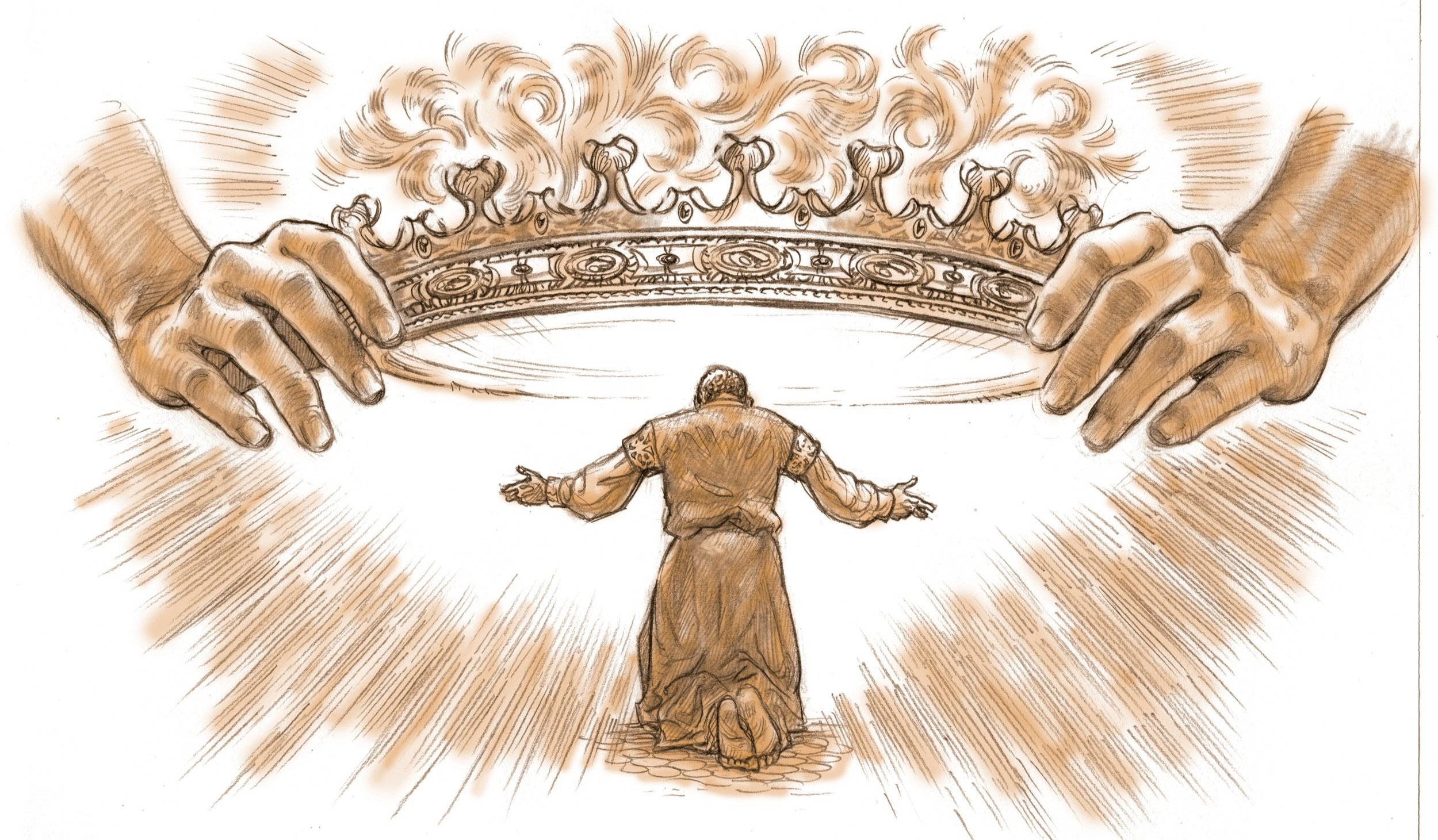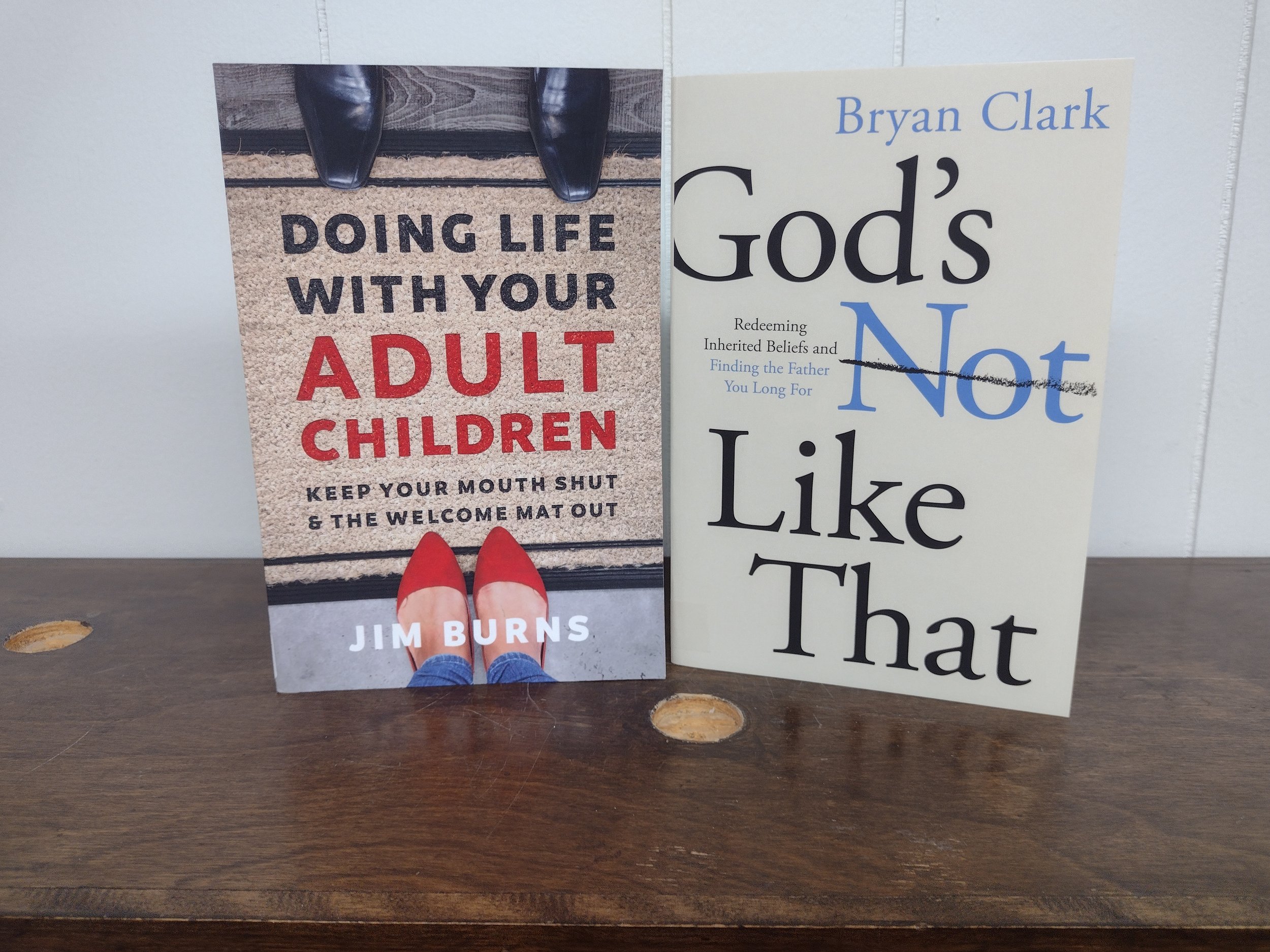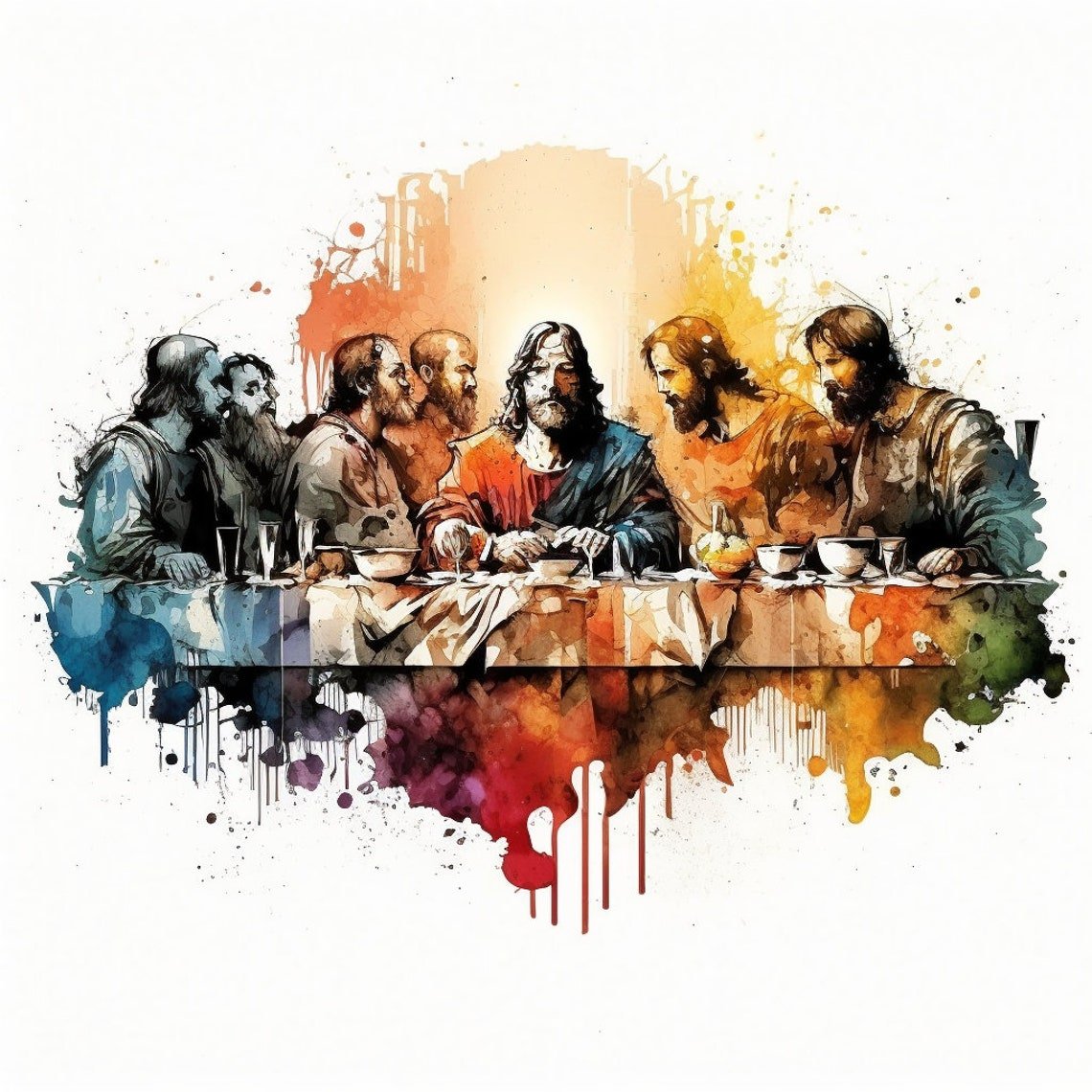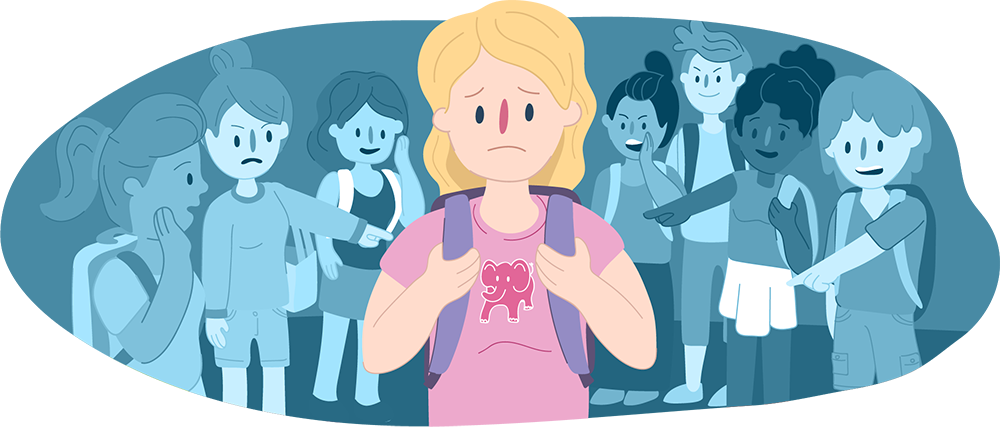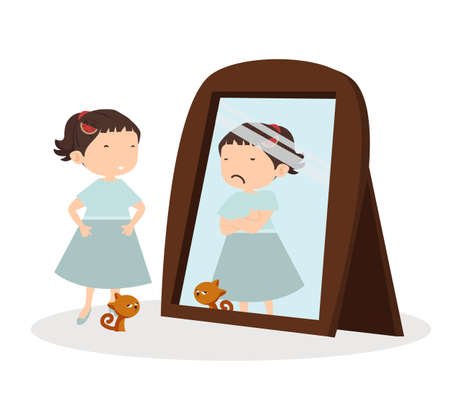Jonathan Hernandez
Yeah, for sure. And that would kind of go along with the thought process I had with the power of "No." You know, knowing how to say, "No." Cause, you know, there's so many times I think, you know like, I'd always seen my pastor doing something and so I thought, "well, if he can do all that, then I should be able to too." Not realizing that he had said, "no," to a thousand other things. You know, that he was like, "does this align with the vision of the church?" If it doesn't, well, you know what, maybe if we have time at some point, then yeah, we can do it. But if it's not, then we're gonna have to say no. You know? Is that taking away from my family time? Okay, well then that has to be a, "no." You know, I need to guard those times with my family. And so, you know, that was something that, gosh, it was such a hard thing to learn early on. Cause I'd seen, you know, pastors doing 60, 70, 80 hours a week and, you know, I'm like, "okay, well that's the norm." Right? Well, here I am also bi-vocational. I was like, "well, how do I fit---
Ben Cline
How do you do that?
Jonathan Hernandez
Both of those 40 hours a week?" Plus, you know, 60, 70 hours at the church? You know, how does this all work? Well it works because there is this word that we can say, "no," you know? Obviously we need to be led by the spirit, you know, and knowing which directions we go. But also knowing that, you know what, it's okay to say, "no," to things and you're gonna be empowered when you're able to say, "no," to things that you shouldn't be doing anyways. You know? And so knowing those things, I think's always powerful to be able to step into what you're called. Instead of stepping into things that I just don't know how to say, "no," to it. You know, cause there's many things early on that I was just doing because, well, "I want to be a good person. I want to, you know, I want help people." Not realizing, "well that's not the calling that God had called me into." So here I am doing something that, you know, I'm not even equipped, you know, in a sense, to do those things. And if I could have just said, "no," you know? And also, I think that's where, you know, maybe with this next point would be having connections. I think if you look throughout scripture, everywhere you see community, you know, I mean if you look through the Old Testament, look through the New Testament, every story is connected to somewhat of a community of people. And so, you know, I think we think our community is just within our church, and that's a great community that you should be growing and maturing in. But there's also this wider community, you know? As pastors, sometimes we get so zoned in only our church, you know, and that's all we're looking at. But gosh, we're missing out on so many relationships if we could just learn how to, "hey, you know what, now I have great friends with Gary and with you." And so it's like we can grow in a community outside. And so if I know, "hey, this isn't what our church is called to, but I know that that's what your church is called to." "Hey, let's help you guys, you know, jump into that," and be able to grow in that too. And so, learn how to work within a community. I think that would've been something great that I could have known early on, you know? Cause, you know, I think you always hear people say, "well, they're not part of our church, and so we don't want to go be a part of that." And it's like, "whoa, that's so backwards," you know? Thinking like we should be, "Hey, if that church is doing something amazing for the kingdom, why don't we support it?" Why don't we, you know, gosh, we could even just, even if it's just a simple posting on Facebook to help somebody else see it. Maybe we can't go to it, but you know, let's help each other. We're all part of the kingdom. Like, you know, we're all gonna be worshiping in heaven together, so why don't we help and worship with each other here on earth?
Ben Cline
Yeah. It makes you think of, you know, Jesus and his ministry and in establishing the early church. You know, we didn't have all these denominational differences and whatever you want to call them. But, you know, the course of time has really kind of drawn some lines that get in the way of us having that community of fellowship as fellow Christians. And, you know, it's important to stand for what you believe doctrinally. But, you know, God just wants us to be a community of believers and that's true. Like, you know, we're all gonna be in heaven together and worshiping God together. So why don't we start practicing that now? It's interesting. One of the things that I just look back and I feel like I was really, really bad about this: when I was a young, a much younger pastor, is that I would always worry about all of the little things that were going on. And, you know, you hear the phrase, "don't sweat the small stuff." Well, it's really true. Like, you really just gotta let that stuff roll off. And, you know, that's something that I wish I would've done as a younger pastor. You know, if I could go back and say, "don't worry about that stuff." Like, there's all this stuff that just, you know, when you think about why you're doing the work that you're doing. You know, why you're doing the ministry that God has called you to. It's not so that you can worry about, you know, why somebody did this or that or whatever, and or why somebody's making the decisions that they're making. The small stuff is small stuff. If we're gonna focus on what we need to be focusing on, it really should be about, you know, making sure that we understand the gospel and that we're living our lives for Christ. And that we're, you know, out there witnessing to the world that is lost. And, you know, those are the big things and we should really be worrying about those things instead. So that's another thing that's on my list.
Jonathan Hernandez
Yep. Oh, I think I was still not the best at that all way up in time. You know, now as a youth pastor, things are a lot different and I'm trying to learn how to even balance the small stuff there, right? That's what some of the, you know, small things that, you know, I'm trying to learn. I went from being a senior pastor to a youth pastor, and a lot of times it's the opposite way, you know? You've been a youth pastor or children's pastor, worship pastor, something else before the lead role. And so, you know, here I am, the lead role right off the bat and now, you know, transitioning to youth pastor and it's just like, well, this is a lot of different things. And some of the things are similar, but just on a smaller scale. And so I think for me, the last one, at least for today, would be really with the finances. I think in a small church sometimes the pastor's doing everything. And with the finances, I would encourage, you know, cause I know I had to do finances pretty much the whole time I was the pastor of the church, you know? So it's like trying to find somebody that can do it, I think. You know, we weren't a big enough church to be able to pay someone outside of the church to do it. So a lot of times, it was me and then someone else trying to help. So that way, you know, we're not having one person do it by themselves, you know, for integrity reasons and stuff. But, you know, make sure that there's multiple eyes on the finances and not just yourself. You know, we can get ourselves into a lot of trouble. And we're human, we make mistakes. You know, not saying that we're gonna steal anything, but, you know, just not being able to do the accounting software, right? You know, so if we have multiple eyes on it, you know, I know I'm not an accounting major. I took accounting in high school and that was the extent of it. So thank the Lord that he had me go through that in high school to know how to do it now. So make sure that we have multiple eyes on those things. It's something I would tell my younger self is, you know, make sure that you're having people and just training people up. You know, there were people that could step into it but, you know, I was just always like, "well, it's easier, I'll just do it myself."
Ben Cline
It's too much work.
Jonathan Hernandez
Yeah, you know, I can get this done in half the time that it would take to train. And so instead of, you know, and that's the whole thing about the, "no" earlier. You know, knowing that I can say, "no," to myself. "Okay, John, you're doing enough. Allow someone else to step into these roles." You know, all those who are attending all the churches that are out there, just know that your pastor's not perfect. And he needs grace just like everybody else does. And, you know, these are things that we are all learning as pastors in ministry and will continue learning for the rest of our lives.











